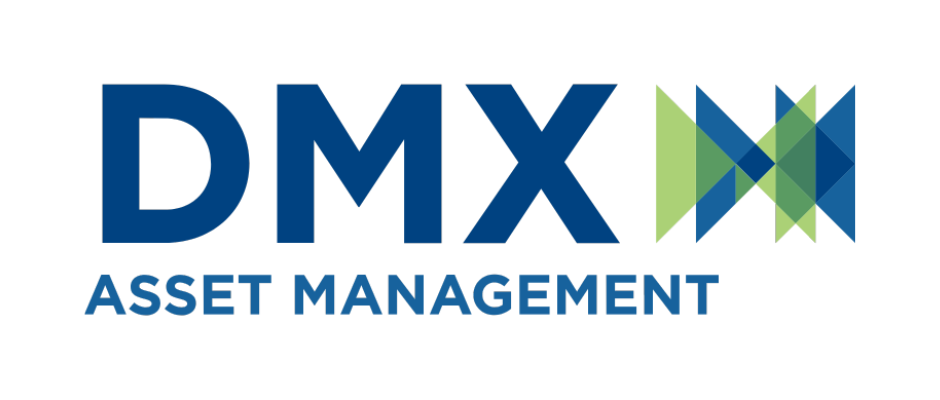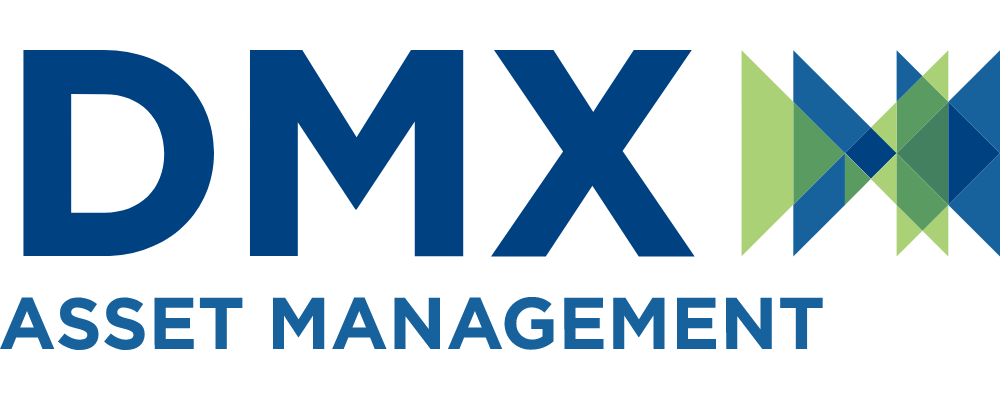The Intelligent Investor by Benjamin Graham remains the value investors’ key reference work 69 years after it was first published in 1949. Warren Buffett has long been a devotee of the principles in this book. The majority of value investing terminology we use today came from this book, such as:
- “Investment operation” – “An investment operation is one which, upon thorough analysis, promises safety of principle and an adequate return”.
- “Mr. Market”: Investors should think of the market as a person, Mr Market, who is usually reasonable and offers you a price for your securities close to your view of fair value, but sometimes Mr Market becomes emotional and volatile and becomes overly optimistic or pessimistic.
- “Margin of safety” – A key tenet of value investing is the idea of factoring in a margin of safety to take into account the fact you may be wrong in your assessment of fair value. e.g. If you think a stock is worth $10, with a margin of safety you may be prepared to pay up to $7 for it. As Mr Graham explains; “The margin of safety is the difference between the percentage rate of the earnings on the stock at the price you pay for it and the rate of interest on bonds, and that is to absorb unsatisfactory developments”
Our Approach To Value Investing
At DMX Asset Management we are passionate about value investing and believe a disciplined value investing strategy will significantly outperform the market over the long term. We search for companies where the conservatively estimated intrinsic value exceeds the share price by a sufficiently large margin that it affords a margin of safety which maximises the chance of long-term outperformance.
Our value investing approach is based upon fourteen investment beliefs:
- Knowledge and expertise are more important than diversification. We believe it is more important to know a small number of companies intimately than to know very little about a lot of companies. Risk increase the more diversified you become. As a result, DMX Capital Partners holds less than 20 high conviction positions we know extremely well.
- The key valuation measure is cash flow, after allowance for the required capital expenditure to keep the business going over the long term. The intrinsic value will vary over time as cash-flow certainty and the discount rate change.
- We reject the idea that risk is the standard deviation of historical returns, and believe that risk is the probabilistic assessment of something bad happening (i.e. the distribution has a single tail and is forward looking).
- The share market can wildly mis-price companies relative to their intrinsic value but over time we believe shares prices will move towards fair value. In the short term, the share market is effectively a popularity contest, but over the long term share prices will reflect economic fundamentals. As a result, we are only focused on the long term.
- We think of ourselves are part owners of businesses. This helps us understand each business better and allows us to take the long-term view required.
- “Mr Market” should be your friend. Bi-polar “Mr Market” provides prices every day – sometimes high and sometimes low. We believe investors should exploit his moods – buy when he is down and sell when he is high. DMXAM has a long term investment horizon which allows us to opportunistically profit from these mood swings.
“Have the courage of your knowledge and experience. If you have formed a conclusion from the facts and if you know your judgement is sound, act on it- even though others may hesitate or differ. You are neither right nor wrong because the crowd disagrees with you. You are right because your data and reasoning are right. Similarly, in the world of securities, courage becomes the supreme virtue after adequate knowledge and a tested judgment are at hand.” – Benjamin Graham
- We will only invest when we have a sufficient margin of safety. This means there should be a large gap between the intrinsic value and the current share price to allow for any inaccuracies in the assessment of the intrinsic value.
- We believe management should be invested in their businesses to ensure their interests are aligned with shareholders, and that they treat other shareholders as partners.
- Investment opinions should be based upon a considered appraisal of a business/investment case against all known facts with the expectation that on average a superior return can be achieved. This contrasts with speculation which is short term and more akin to gambling.
“By speculating instead of investing you lower your own odds of building wealth and raise someone else’s” – Jason Zweig
- Value investing can be applied to both low and high growth businesses; the key is to invest when the intrinsic value is well above the current share price.
- The distinction between price, book value and intrinsic value: Price is the current share price; the book value is the value of the assets minus liabilities as reported in the accounts; and the intrinsic value is the true underlying worth of the business.
- Macroeconomic factors are very hard to forecast accurately and, given the long term nature of value investing, frequently of only limited relevance.
“The buyer of bargain issues places particular emphasis on the ability of the investment to withstand adverse developments.” – Benjamin Graham
- Non income producing assets have no value in the value investing framework.
- Often family companies perform well because decisions are generally made with a longer time horizon and higher level of engagement in mind.
Value Investing Examples In The DMX Capital Partners Fund
1. Buying stocks with a strong asset backing.
A number of our portfolio holdings with growing operating businesses have the majority of their market caps supported by cash, liquid assets or other realizable assets. For example, diversified financial services provider, Euroz (ASX: EZL), has a market cap of $200m versus cash and other assets comprising $150m, whilst property fund manager Elanor Investors (ASX: ENN) has a market cap of $180m versus investments totaling $160m. Having a strong asset backing like these two companies provides strong downside protection to our investment, while also meaning we are paying a low enterprise value for the operating business.
2. Keeping the portfolio less than fully invested.
Keeping the portfolio less than fully invested with some cash on hand in order to keep our powder dry for any compelling short term stock opportunities. This has served us well thus far as it allows us to profit whilst others are fearful.
3. Focusing on stocks with a long history of trading
Focusing on stocks with a long history of trading so we can effectively analyse and value the businesses. We do not invest in unprofitable and unproven start-ups, we only invest in well established businesses. For example, one of our portfolio holdings was infrastructure services company SRG Limited, which was founded in 1961 when it was contracted to install rock anchors for the Snowy Mountain Scheme. SRG listed on the ASX in 1987, which provides a significant amount of data to analyse and thus value the business.
4. Focusing on stocks with undemanding valuations (low P/E stocks)
Focusing on stocks with undemanding valuations (low P/E stocks) – The majority of our portfolio holdings are trading on multiples significantly below market averages, notwithstanding strong growth outlooks. Stocks such as Paragon Care (ASX:PGC), a healthcare equipment supplier, Easton Investments (ASX: EAS), an accounting and wealth management operator, and Traffic Technologies (ASX:TTI), a supplier of smart city traffic management products and solutions, are all trading on undemanding FY19 multiples with strong industry tailwinds behind them. Investing in such low p/e stocks is a typical deep value investment strategy.
5. Take a long term investment horizon at the time of investment
Over the past year we have only sold 3 of our ~20 portfolio positions. We do what we say we do in terms of taking a long term view at the time of investment.
6. We do not set out to replicate the market in any way
We do not set out to replicate the market in any way; we are aiming for significant positive absolute returns. We are completely benchmark unaware as we are looking for the most compelling undervalued smaller company opportunities across all sectors.
Summary
We view true value investing as one of the most potent sources of investment out-performance available. Whilst it is a remarkably simple investment style, it requires immense discipline, patience and dedication. We believe our investors are well placed to benefit over the long term.

This analysis was contributed by Steven McCarthy, Portfolio Manager of DMX Capital Partners Ltd. Click here to receive more insights from Steven & DMX.
An Interview With DMX’s Steven McCarthy
The Rask Group’s Australian Investors Podcast is fast becoming Australia’s #1 podcast for serious investors. Here’s an interview with DMX portfolio manager, Steven McCarthy.
Download the latest episode free on iTunes, Castbox, YouTube or wherever you choose to listen.
Disclaimer: This information is provided by DMX Asset Management Limited (DMXAM – AFSL 459 120) in relation to DMX Capital Partners Limited (DMXCP). The information provided in this document is general information only and does not constitute investment or other advice.


